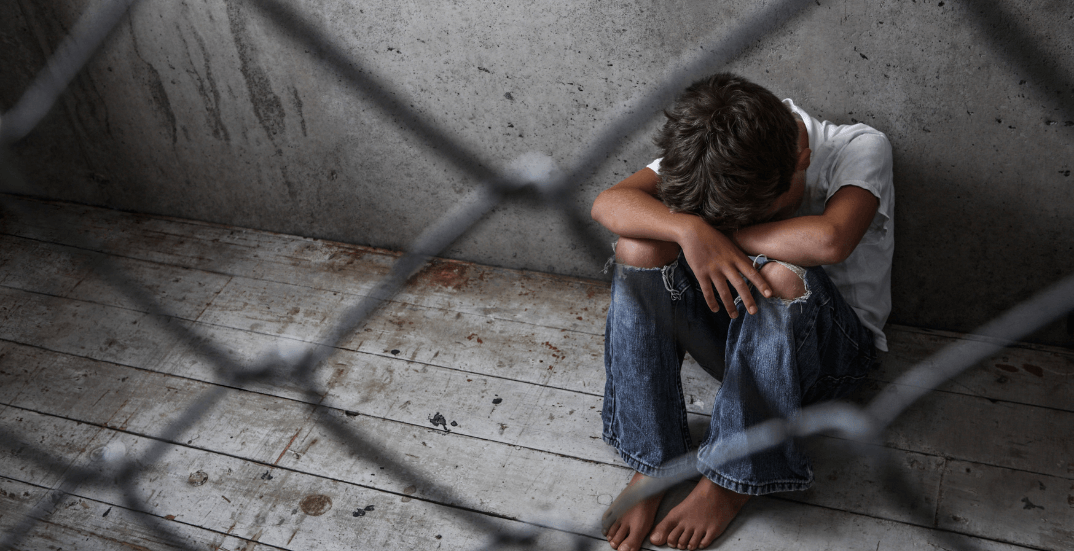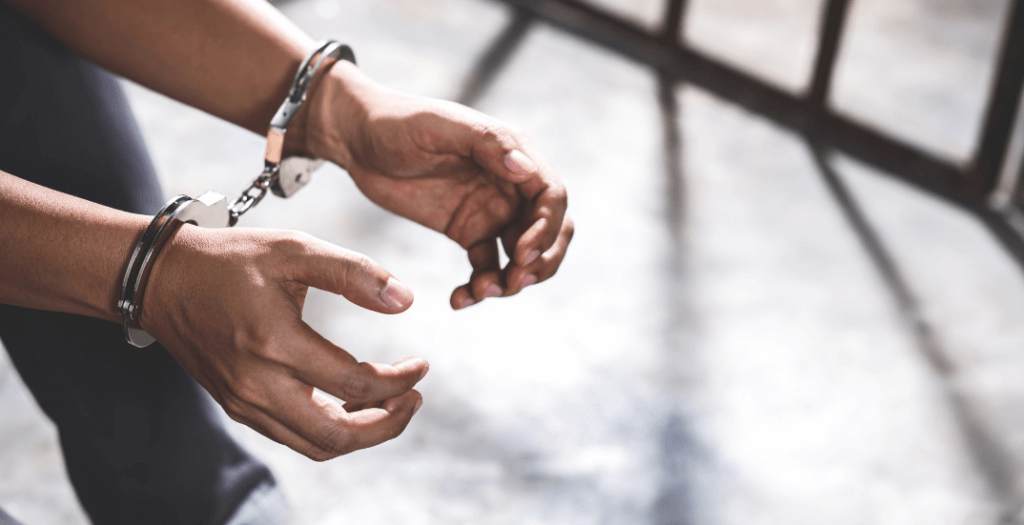
April 19, 2024 Last Updated: December 8, 2025 by Anthony Riccio
Debates over bail reform and pretrial detention have taken center stage in Massachusetts. Lawmakers are now considering the proposed “Dangerousness Bill,” which could expand judges’ authority to hold defendants without bail if they are deemed a risk to public safety.
For people accused of crimes, these changes could affect how long they wait in jail before trial and the conditions of release. Understanding both the existing rules and the proposed reforms is essential for anyone involved in the state’s criminal justice system.
The law already allows preventive detention in certain circumstances. Under General Laws c. 276 § 58A, judges may order a defendant held pretrial if no set of release conditions would reasonably assure community safety.
This decision comes through a dangerousness hearing, where prosecutors argue that the individual poses a threat. If the judge agrees, the defendant may be held without bail until trial.
Currently, only a limited set of serious charges qualify for these hearings, such as violent crimes and firearm offenses. Judges also consider traditional bail factors like risk of flight, past criminal history, and the likelihood of complying with court conditions.
The bill under discussion would broaden eligibility for dangerousness hearings beyond the limited offenses in current law. Judges would gain expanded authority to order pretrial detention for individuals accused of crimes lawmakers consider a risk to the community.
Another proposed shift involves how bail is considered. Public safety would become the primary factor, with less focus on financial ability or flight risk. Supporters see this as a way to reduce repeat offenses and strengthen protections for victims. Critics counter that expanding detention power risks undermining constitutional safeguards.
As of 2025, the bill is still under legislative debate and has not yet been enacted into law.

Supporters argue that the current statute is too narrow, leaving some judges unable to detain defendants who pose clear dangers. By expanding judicial discretion, they believe the bill would:
Law enforcement agencies and some policymakers see the bill as a necessary update to an outdated bail framework.
Opponents warn that broadening pretrial detention erodes due process.
Critics of the Dangerousness Bill caution that it may undermine the presumption of innocence and increase preventive detention beyond its intended scope.
Civil liberties advocates argue the bill could disproportionately impact low-income defendants and communities of color. Extended detention before trial also pressures some defendants into plea deals, even when they might have strong defenses.

Massachusetts faces a difficult balance: protecting communities while safeguarding constitutional rights. Expanding dangerousness hearings raises legitimate concerns, but defense attorneys play a key role in protecting defendants caught in the middle.
At these hearings, a Massachusetts criminal defense lawyer can challenge the prosecution’s evidence, propose release conditions, and argue for a defendant’s right to liberty. Without strong advocacy, defendants risk remaining jailed for weeks or months before trial even without a conviction.
|
Aspect |
Current Law (M.G.L. c. 276 § 58A) |
Proposed Changes in Bill |
| Who is eligible | Limited list of serious offenses | Expanded to include more categories |
| Judge’s authority | Detain if no conditions assure safety | Broader discretion to order detention |
| Bail consideration | Risk of flight + community safety | Public safety emphasized above other factors |
| Main criticism | Already permits preventive detention | Could widen detention unfairly |
It is a pretrial proceeding where a judge decides whether someone should be held without bail because no release conditions would ensure community safety.
The legislation would broaden eligibility for detention and give judges more authority to hold defendants before trial when safety is a concern.
No. It is aimed at individuals charged with offenses lawmakers believe present significant risks to others or the community.
They argue it undermines the presumption of innocence and could lead to more people being jailed before they are convicted.
An attorney can challenge the prosecution’s claims, suggest release conditions, and advocate for the defendant’s constitutional rights.
Not yet. As of 2025, the proposal remains under debate in the Massachusetts Legislature.
The proposed Dangerousness Bill represents one of the most significant bail and pretrial detention debates in Massachusetts. Supporters believe it will enhance public safety, while critics fear it expands preventive detention at the expense of due process.
For individuals facing dangerousness hearings, understanding these proceedings and the potential impact of legislative reform is critical. At Riccio Law, Attorney Anthony Riccio provides clients with focused representation in pretrial matters, ensuring their rights are protected while courts consider bail and detention. In a shifting legal landscape, strong advocacy makes all the difference.